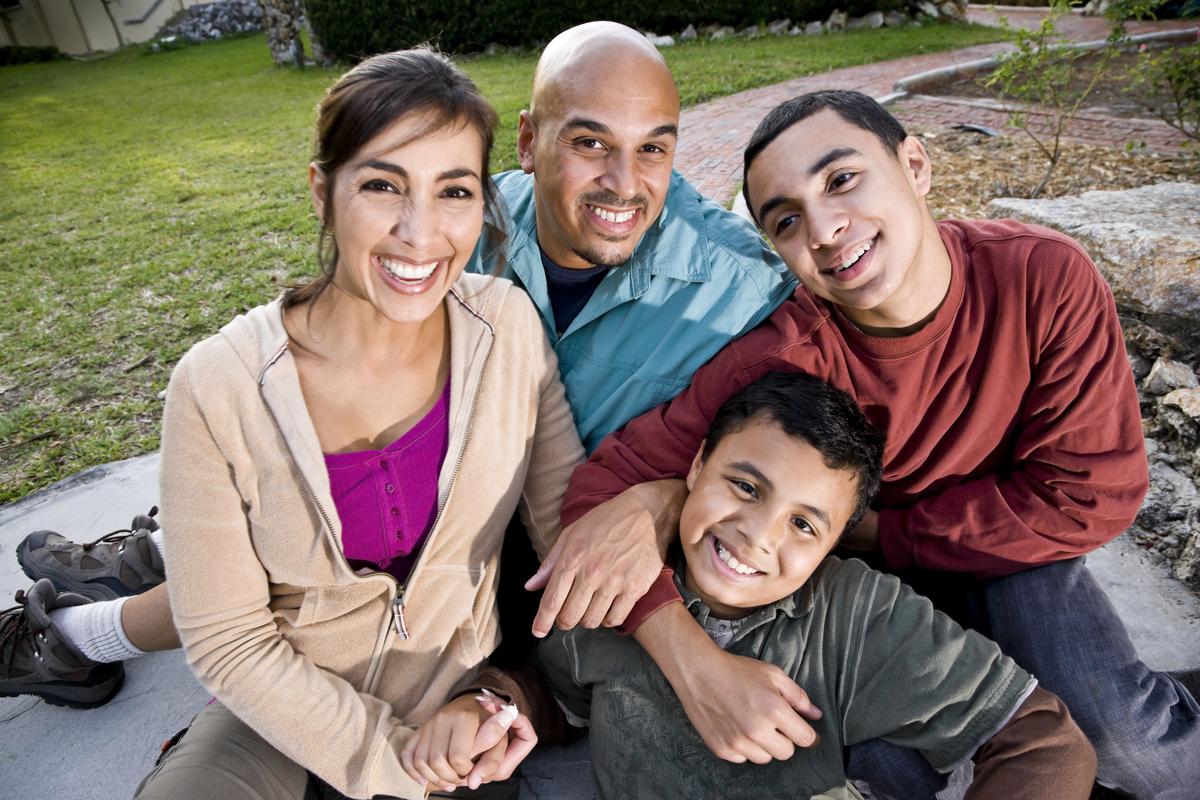Restorative Justice and Restorative Practice
Since 2008, our team has partnered with schools, legal advocacy groups, and units of government to assess and share the lessons learned from initiatives grounded in Restorative Practices (RP). These approaches aim to build connected, inclusive relationships between individuals and capacities for individuals to work through conflict and harm using practices that emphasize healing rather than imposed consequences. Our center’s interest in RP emerges from the science that social, environmental, and systemic factors can create barriers to or facilitate young people’s engagement in their own healthy youth development. As adolescence is when young people must complete the development tasks that prepare them for healthy, productive adulthood, having connected relationships and learning practices to work through conflict can change a young person’s whole trajectory.
Dive deeper into Restorative Justice and Restorative Practices here.
Adolescent Sexual Health Programs (Teen Pregnancy, HIV & STI Prevention Programs)
Our work originated in 1996 as the CDC-funded National Teen Pregnancy Prevention Research Center: we have extensive experience evaluating adolescent sexual health programs in partnership with schools, community-based organizations, and local and state government agencies. Using both quantitative (such as surveys) and qualitative (such as focus groups) data, our sexual health evaluation work supports youth-serving programs as well as programs that serve their parents and youth-serving professionals.
Children and Families Impacted by Incarceration
Incarceration has been shown to have serious impacts on the health and well-being of individuals and families. Our team has extensive experience, both locally and nationally, working at the intersection of public health, healthy youth development, and the criminal legal system. Collectively, we bring our content and research expertise to help evaluate programs and policies that impact incarcerated people and their families, such as supporting families affected by incarceration through a statewide initiative in partnership with the Department of Health. Through our work, we have partnered with many different community organizations and state agencies, including the Minnesota Department of Corrections, and have worked to involve and center directly impacted individuals in our work.
Minnesota Student Survey
The Minnesota Student Survey (MSS), is the primary source of comprehensive data on youth at the state, county and local level in Minnesota since 1989. This essential public data source for understanding how best to support the health, well-being and academic success of young people, brings youth voice into program and policy decision making. Four state agencies – the Minnesota Departments of Education, Health, Human Services and Public Safety – develop the survey content, monitor data quality, analyze data and report results. All MN school districts are invited to participate in the anonymous survey, which is administered every three years. Our team has decades of experience with analyzing the MSS at the statewide, regional, district, and school level; leveraging these various insights to inform policy, practice, and advocacy; and helping smaller schools and communities understand and use the data pertaining to their school climates.
Health Equity
We situate our health equity evaluation questions and findings within the structural, environmental, and policy constraints upon specific populations. Our team works with community organizations to ensure that everyone, regardless of their background, can live to their full health potential. Past community partners include BIPOC-, LGBTQ+- and Indigenous-serving community organizations, with funding provided through the Minnesota Department of Health. This Cultivating a Health Equity Ecosystem: Lessons Learned from the Eliminating Health Disparities Initiative report is a recent example.
Mentoring
Connections to caring adults help adolescents do their important developmental work. We have partnered three times with Big Brothers Big Sisters (BBBS) of the Greater Twin Cities. On an Office of Juvenile Justice and Delinquency Prevention-funded project, we identified characteristics of effective mentor/mentee relationships in school-based settings, using quantitative and qualitative data. A healthy habits pilot program aimed to increase physical activity, healthy eating, and relationship connection in community-based mentoring pairs. Our team also designed a mixed methods evaluation for – and built the internal program team’s capacity to evaluate future outcomes – of the BBBS teen pregnancy prevention program.
Social Emotional Learning (SEL)
Social emotional learning is an inherent part of young peoples’ healthy development, yet there is much to learn about how SEL skills can vary within the typical developmental progression, how to promote them with young children, how punitive and exclusionary discipline practices can undermine SEL, and under what conditions SEL skills transfer to academic achievement or other key outcomes. Our team brings theoretical and practical experiences in evaluating SEL, ranging from how to measure and assess implementation fidelity of evidence-based programs (such as Lions Quest and Positive Action) to adopting local approaches and creating practice-based evidence to evaluate health, academic, and social outcomes of SEL implementations.
